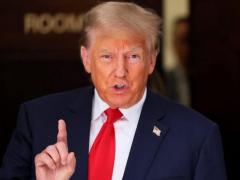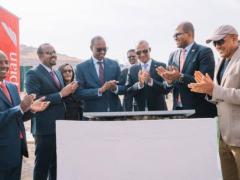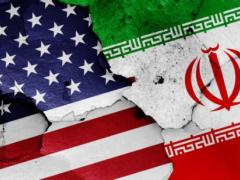A strong call has gone out to the private sector to work with governments to create a continental monetary union.
Participants at a two-day roundtable on single currency and Fintech held in Dakar, Senegal this week and financed by the European Union, examined innovative insights for the establishment of the single currency, its impact on the African Continental Free Trade Area (AfCFTA), and the collaborative role governments and the business community play in achieving monetary union for a continent.
It was argued that although governments and the business community should be equal stakeholders in trade matters, the sheer gap in communication between the two often becomes a formidable barrier to mutual understanding and effectiveness. There was consensus that the establishment of a credible mechanism for effective state–business relations was therefore needed to unlock private sector potential, and enhance prospects for a single currency.
In this regard, the private sector was called upon to explore an innovative approach to economic development that is specific to Africa, notably in terms of investing in strategic areas that will have a real impact on job creation and poverty reduction.
Adeyinka Adeyemi, senior adviser at the United Nations of Economic Commission for Africa (ECA), stressed that there could be no single currency without the full participation of the African private sector.
This roundtable is part of a more extensive project aimed at deepening Africa's trade integration through the effective implementation of the AfCFTA.













